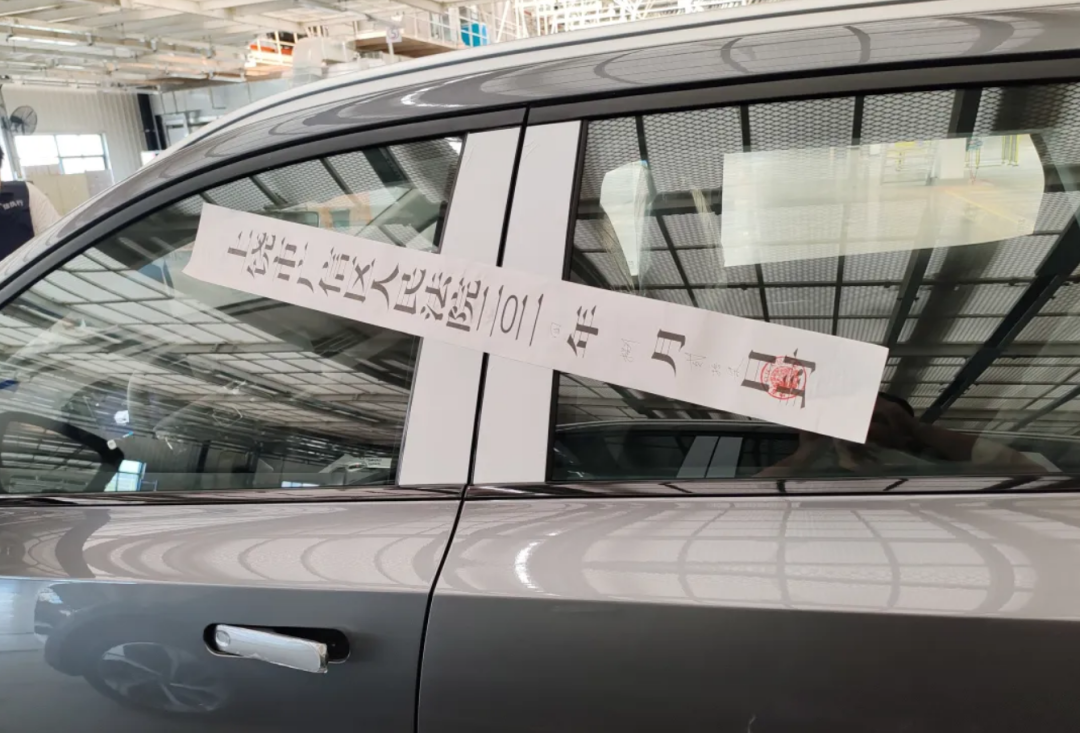July 30, according to the news of the National Highway Traffic Safety Administration (NHTSA) in the United States, because the vehicle software cannot detect the unlocked hood, which may cause the unlocked hood to suddenly open while driving, blocking the driver’s sight and thus increasing the risk of a crash, Tesla will recall 1.8496 million electric vehicles in the United States. The models involved in this recall are Model 3, Model S, Model X produced from 2021 to 2024, and Model Y models produced from 2020 to 2024. Tesla said that so far it has received three reports on this issue, but there are no reports of any related crashes or casualties.
The NHTSA said about Tesla’s recall that Tesla has released a vehicle remote upgrade software update to solve this problem, and this software upgrade can detect whether the hood is open and issue an alarm to the driver. It is understood that the owners affected by this matter will receive a notice letter from Tesla by September 22, 2024.
It is worth mentioning that this is not the first time that Tesla has initiated a large-scale recall in the United States. In February this year, because the font of the brake, parking and anti-lock braking warning lights on the vehicle dashboard is smaller than the requirements of the federal safety standards, or it may make it difficult for important safety information to be discovered by the driver, increasing the risk of a vehicle crash, Tesla also carried out a large-scale recall in the United States, and the recall number is as high as nearly 2.2 million. The vehicles involved in the recall are Model S from 2012 to 2023, Model X from 2016 to 2023, Model 3 from 2017 to 2023, Model Y from 2019 to 2024 and Cybertruck in 2024. The official said that the recalled vehicles will be resolved through online software updates in the future.
At the end of January, because the vehicle rear-view camera software problem may cause image display problems, affecting the driver’s rear field of view and increasing the driving safety risk of the vehicle, Tesla recalled 199,575 vehicles in the United States, and the models involved are 2023 Model S, Model X and Model Y and other models. The official said that an OTA software update has been released to solve this problem. Looking back further, on December 13 last year, because the Fully Self-Driving Beta (FSD Beta) software equipped with Tesla may not be able to ensure that the driver still maintains sufficient attention when the system activates autonomous driving, there are potential safety hazards. Tesla recalled more than 2.03 million vehicles in the United States, and the models involved are Model S from 2012 to 2023, Model X from 2016 to 2023, Model 3 from 2017 to 2023 and Model Y from 2020 to 2023. At that time, the official said that this problem will be resolved through OTA in the future.
In addition to the frequent recalls in the US market recently by Tesla, the Chinese market also announced a large-scale recall in January this year. The reasons for the recall are the door unlocking logic control problem and the automatic assisted steering function and other problems. In China, 1.6176 million vehicles were recalled, and the models involved cover imported and domestic models. The official said that in the future, through the vehicle remote upgrade (OTA) technology, the software will be upgraded free of charge or new functions will be pushed for the vehicles within the recall range. Last month, due to the abnormal occupancy function of the driver’s seat, when the vehicle is started and the driver is not wearing the seat belt, the seat belt reminder device cannot issue a warning sound and visual warning, and there is a potential safety hazard. In China, 5,836 vehicles were recalled. The models involved are some imported Model 3, Model S and Model X models produced during the period from January 12, 2019 to April 26, 2024.
From Tesla’s frequent recalls in recent times, it can be seen that they are all resolved through upgrade (OTA) technology. Such an operation is indeed more convenient than the traditional in-store upgrade, and for the enterprise, it can also reduce the cost of the recall. However, too frequent recalls will inevitably have a certain impact on the brand’s reputation.
